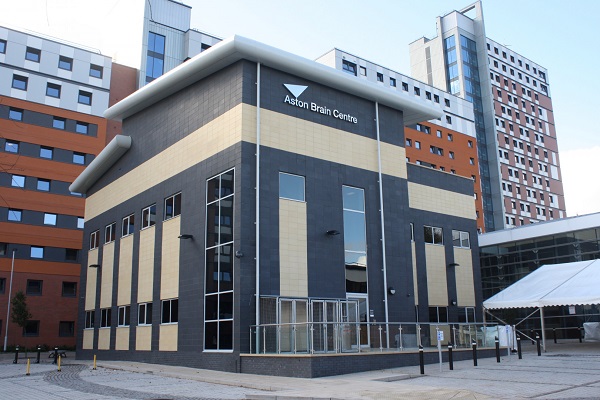Aston University: Aston University showcase for project helping SMEs to move to a net zero future
Aston University hosted an event to showcase the low carbon diagnostic and grant support provided to Black Country businesses to help them cut their emissions at Grand Station in Wolverhampton on Tuesday 1 November.
Low Carbon SMEs is a six-year project set up in 2017 funded by a £1.7m grant from the European Regional Development Fund to help 165 local businesses reduce their carbon footprint by 1,270 tonnes – up to 7 tonnes per company – and make the transition to a net zero industrial future.
The project, which runs until 2023, is headed by Professor Prasanta Dey from Aston Business School’s Operations and Information Management department.
The event, which showcased the energy efficiency measures implemented and the energy cost savings, enabled attendees to hear from businesses how they have reduced their carbon footprint and included case studies from 4 SMEs Alucast, Brockhouse, JCM Fine Joinery and Servo Solutions. They received Grant support from the Low Carbon SMEs programme to implement energy efficiency measures and reduced their Carbon footprint and energy costs.
The roundtable discussion provided excellent opportunity for businesses to discuss the key issues and challenges faced by SMEs due to the current energy crisis and possible solutions. They clearly emphasized on policy intervention to bring changes (e.g. R&D investment, infrastructure development for solar PV installation, making spaces for manufacturing facilities, supply chain creation and enhancing performance). Also, mentioned on the role of SMEs and their supply chain to practice energy efficiency measures through green strategies, adopt newer technology, leadership commitment for green skill development within company.
Eligible SMEs could sign up to a free energy efficiency survey and the last chance to apply for capital grants of up to £12,250 (match funded), as well as time to network with business owners, industry and academic experts.
Professor Dey said:
“Low carbon SMEs project facilitated more than 120 SMEs in GBSLEP and BC LEP areas to transform their business processes, which resulted substantial reduction of carbon footprint in an average of 40 ton and reduction of production cost by £18,000 per company.
“Also, act as a driver for disseminating knowledge to other emerging economies, for example India, Bangladesh, Thailand, Vietnam, Mexico, Brazil, Kenya, Trinidad and Barbados.
“Aston Business School is also exploring setting up transnational education programs on sustainability and circular economy with the academia in emerging economies based on the findings from these projects.”
Dr Mark Smith, business engagement manager of the Low Carbon SMEs project, said:
“The aim has been to evolve a holistic approach to energy efficiency that will lead SMEs to higher productivity and increased net profit.
“The programme provides independent analysis of a business’s existing practices via an in-depth energy efficiency audit and bespoke carbon action plan which identifies practical and cost-effective measures to reduce greenhouse gas emissions.”

